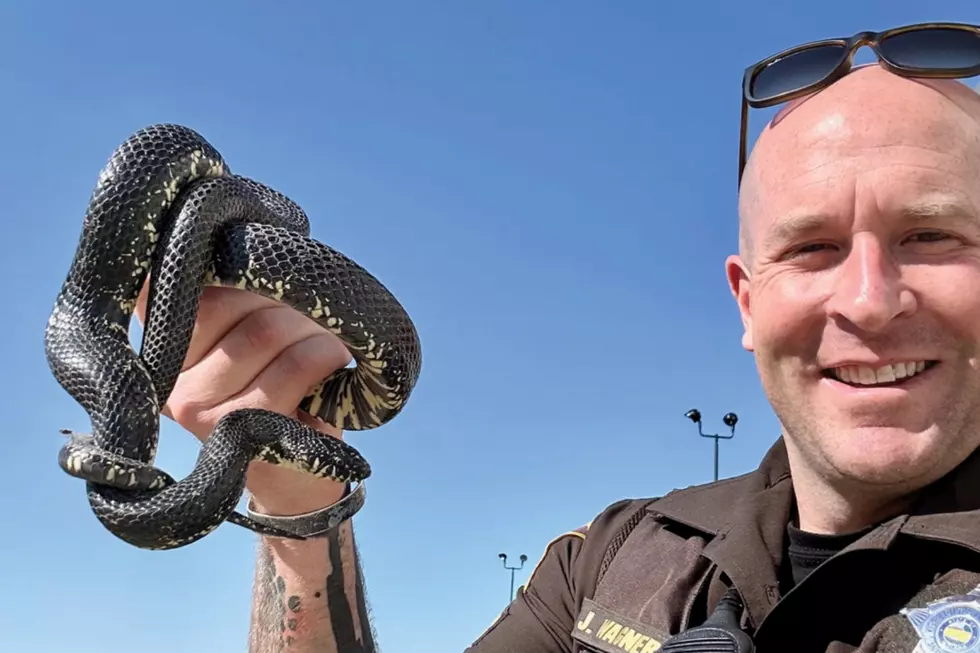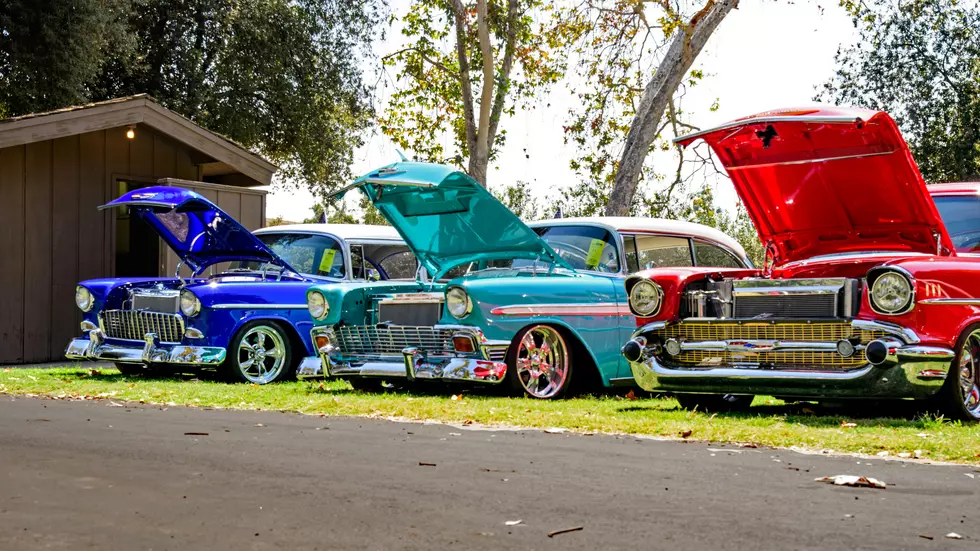
WKDQ Morning Show-Themed Scam Making the Rounds on Facebook
If someone creates a Facebook scam page using your name and picture, does that mean you've finally "made it?"
I was recently sent a screenshot from my former co-host of the Q Crew Morning Show, Leslie Morgan (you remember her, right? Lol). It was a Facebook post sent to her by a friend. The profile picture was a professional one she and I had taken not long after we started hosting the show together and the name of the page was, "Ryan - Leslie." While that itself is problematic because neither one of us had created the account, what it was claiming was the bigger issue.

The post claimed we were introducing a new sponsor and to help promote said sponsor, we were randomly selecting followers of the station's Facebook page and giving them $1,000. This is what it looks like in case it shows up in your news feed:
This would be great if it were true, but, spoiler alert, it is not.
There are several red flags in this post that check the boxes commonly associated with online scams. The first is spelling and grammar. Notice the word, "Congrats" is spelled with two s's at the end. Then, a little further down in the instructions on how to enter, it asks you to send a "screenshoot," not a screenshot. Plus, it has no grammatical flow to it whatsoever. And boy, whoever did this really loves emojis. Yikes.
The biggest red flag is the requirement to click a link and register, then send them your e-mail address and phone number. DO NOT DO THIS! Never, never, never, never. If we were to do a contest where you had the chance to win money as we do with the WKDQ Cash Cow, it would be through our website, not through our Facebook page. While we do share links on our Facebook page, they all go right back to our website (the one you're on right now).
The link provided in the post is listed as heylink.me. I did a Google search to see if the site was safe and two scam-detecting websites had their suspicions for different reasons. Scam Advisor says the algorithm it uses to detect a scam site gave heylink a high rating which it says indicates the site is safe. However, it did throw up two red flags. One is that the owner of the site has their identity hidden and the other is that malware was detected on the site. Malware is used by hackers to infect other computers and electronic devices connected to the internet with viruses.
Scam Advisor also notes that while the site is showing a valid SSL Certificate, which companies use to authenticate a website's identity and enable an encrypted connection between your computer and theirs, there are different levels of certificates, and hackers can install free certificates to give the appearance the site is safe.
Another site, Scam Detector gave heylink a trust rating of 23.6 out of 100, listing it in the category of "Suspicious. Unsafe. Doubtful."
This falls into the category of, "if it's too good to be true, it probably is." Trust me. Even though my face is one of the two on the page, neither I, Leslie, the station, nor our parent company, Townsquare Media, had no hand in creating it, and we are definitely, absolutely, positively, NOT giving away $1,000 to random fans of our Facebook page.
Although I will admit, it's a little flattering that someone thinks we're famous enough to use our images and likeness to try and scam people out of money. With that said, I have reported the account as fake to Facebook. Hopefully, they'll remove it soon.
[Sources: Scam Advisor / Scam Detector]
LOOK: The biggest scams today and how you can protect yourself from them
Expert Tips for Avoiding Online Shopping Scams
More From WKDQ-FM









